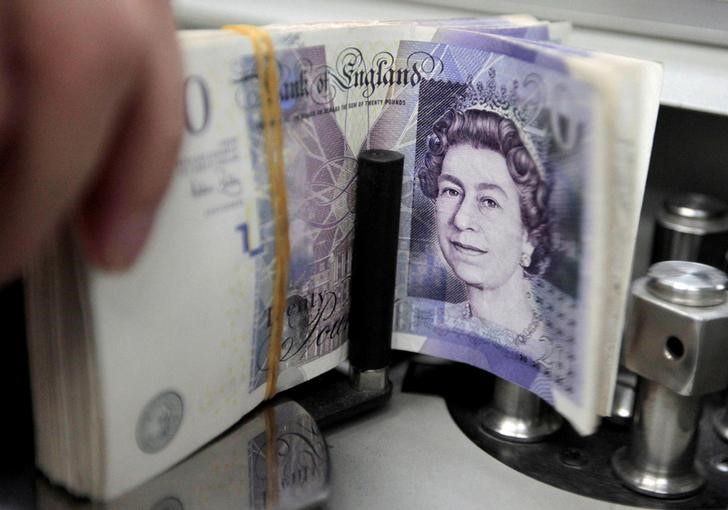By William James and Huw Jones
LONDON(Reuters) - Britain set out plans on Wednesday to punish financial advisers who tell their clients how to bend the law to avoid paying tax, including hefty fines designed to target what it called the "supply chain of tax avoidance".
The plans are the first action by new Prime Minister Theresa May after a promise to clamp down on corporations and wealthy individuals who illegally evade taxes or use legal tax avoidance schemes to exploit loopholes and reduce their bills.
Britain's finance ministry said tax authorities should be able to impose fines on tax planners, advisers and accountants to target those who promote the avoidance schemes rather than just those who use them.
"People who peddle tax avoidance schemes deny the country of vital tax revenue and this government is determined to make sure they pay," junior Treasury minister Jane Ellison said, as the government published a document inviting industry feedback.
Recouping lost tax revenue has become an important part of efforts to balance Britain's public finances, as well as a political necessity to respond to voter outrage at perceived injustices in the tax system.
Tax authorities estimate that 2.7 billion pounds was lost to avoidance schemes in the 2014 financial year.
If a scheme is deemed to breach tax rules, advisers could have to pay a fine equal to the amount the avoidance scheme helped its users save, the government said.
Tax planning and advisory services are a lucrative part of Britain's world-leading financial and business services sector, which overall contributes just under a third of the country's economic output.
The government said its legislation was aimed at a shrinking but persistent minority who seek to exploit tax laws, but some in the sector warned that the plan could suffer from mission creep, with serious unintended consequences.
"The government need to be careful that in their efforts to wipe out avoidance schemes they do not prevent taxpayers from getting access to honest, impartial advice on the law," said John Cullinane, Tax Policy Director at the Chartered Institute of Taxation.
Despite years of trying to clamp down, critics say the government has failed to bring tax avoidance under control.
"Tax advisers’ lack of accountability for the damage they inflict on societies is a serious problem," said Toby Quantrill of charity Christian Aid, welcoming the draft proposals.
In a July speech just before she became prime minister, May named Amazon (O:AMZN), Starbucks (O:SBUX) and Google (O:GOOGL), all of whom have been criticised over the amount of tax they pay in Britain, saying everyone had a responsibility to pay taxes.
APPROPRIATELY TARGETED
The 'big four' accountancy firms, Deloitte
Ernst & Young said they supported improving certainty and transparency in the tax system, while KPMG said it treated seriously the conflict between taxpayers' right to minimise their tax liability and their duty to pay a fair amount.
PwC said any new measures must be appropriately targeted and proportionate. Deloitte did not immediately comment.
The government plans proposed naming advisers who were penalised as a way to deter others, and also mooted ways to make firms reveal who they are marketing schemes to so that authorities can warn customers in advance.
The proposed penalties are in line with other recent efforts to punish those who evade taxes and use avoidance schemes, but the decision to aggressively target the advisory industry has raised concerns.
"My worry and my concern would be that over the longer term, will this start to creep into other areas of basic accountancy, tax advice that is routine for all businesses?" said Nimesh Shah, Partner at London chartered accountants Blick Rothenberg.

"The end users of these services, their costs will creep up because the of the red tape and the legislation that we in the profession have to think about."